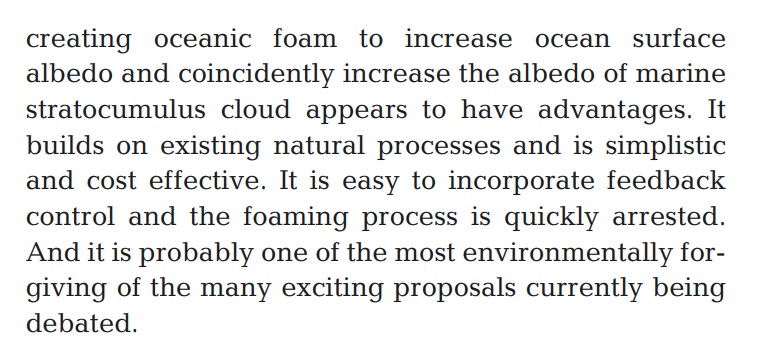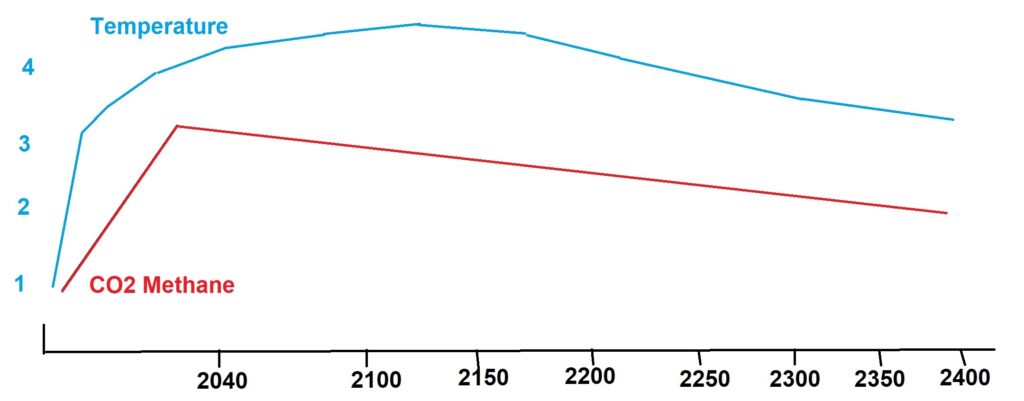“Of course you can!” will be the common response, if you want you can get great food, watches, cars, hotels, all of great quality because you pay more. Another crazy way to approach it is to say that high cost is a quality in itself : “This is a two thousand dollar watch, this is a one million dollar condo”, but even then you can’t pay for the quality, you can’t pay for high cost, that makes no sense.
To clarify what I mean we should exclude for a moment machines that deliver specific quality, even though they usually need to be operated/maintained by skilled people to do so. Of course some manchines can churn out near perfect copies of the same product all day every day. But what about the quality of people, their dedication to what they do. How is that achieved?
One way to achieve it is to select the right person for the job. So a host for a party should be someone that likes people that knows what makes them happy, that can communicate well etc. These are talents you are born with that you can develop or get handed by your parents. If the job is in engineering you look for a person that wants to know how things work, that can analyse well, that can apply the knowledge base and methods that others have developed that work, but that can also invent new ways to do things. Again a person like this is selected, maybe self selected, then graded as of [pronoun] quality in an education system.
So above we have two examples of how the quality of a person for the job is not because of pay, because it is the result of life experience and their own motivation long before they get payed.
The way industry mostly achieves ‘quality’ is three pronged, one, it teaches people to want low quality. This is done by presenting low quality as the best life choice, something celebrities do.
Second it tries to avoid the need for quality, so automation and mechanization and procedures to achieve it (fast food franchies).
Third it makes people desperate through economic pressure so they want to deliver quality. So immigrant labour in Dubai builds highrises, very primitively, with lots of errors, but these people try their best at it. Part of creating desperation can be the creation of a myth about what you achieve. This can be a business in itself, like dance contests for a money prize or fame and recognition.
The irony is that the latter method encourages low wages, because only when the wages are low will the person try to do the best job. The pay however has little to do with the quality of the work, nor does it encourage it most of the time.
It is very interesting then how to actually evoke people to deliver quality. Most of the examples will be in environments of excellence. You see high quality people operating in environments that are excellent, in design, organization, cleanliness, social contact, communication. But then you may be on to something : it has to be inspired. It has to be switched on in people by their environment. How do you do that? Whoever knows can make a lot of money 
Even when you try to make everyone deliver quality you will discover many people do not have that ambition at all. Industry that thinks from a system’s perspective about people does not need their personell to be high quality, just sufficient and safe. Also if a person is in a job that is hard to populate, the employer might want to degrade that person’s quality as much as possible so that job mobility is minimized. Some people are selected for the quality of being able to limit and degrade the quality of others!
To achieve better quality in everything we just need to think of what that means. This puts us in a better mindset as well
It seems the bottom line is that we should not believe that money is the driver towards an optimal society, because as argued above it evokes forces that degrade quality of what society produces. It is much better to recognize quality where it exists, and make sure people can experience a life that makes them capable of recognizing it.


